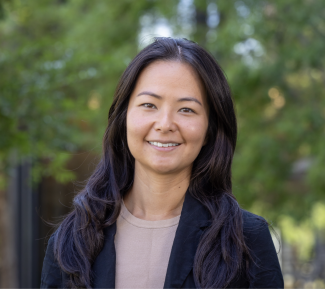Leo, K., Porter, L.S., Lisenbee, J., & Ramos, K. (2025). Empower: A pilot study of a patient-caregiver supportive intervention for patients with glioblastoma. Palliative & Supportive Care, 23, e136. doi:10.1017/S1478951525100436
Leo, K., Langer, S., McDaniel, H., Baucom, B.R.W., Keefe, F., Ramos, K., Lee, D.J., & Porter, L.S. (2025). Parenting concerns, psychological distress, and relationship adjustment among patients with cancer and their partners: A longitudinal study. Psycho-Oncology, 34(1), e70057. doi:10.1002/pon.70057
Leo, K., Langer, S., Porter, L.S., Ramos, K., Romano, J., Baucom, D.H., & Baucom, B.R.W. (2024). Couples communication and cancer: Sequences and trajectories of behavioral affective processes in relation to intimacy. Journal of Family Psychology, 38(2), 246-259. doi:10.1037/fam0001178
Leo, K., Crenshaw, A.O., Hogan, J.N., Bourne, S.V., Baucom, K.J.W., & Baucom, B.R.W. (2021). A replication and extension of the interpersonal process model of demand/withdraw behavior: Incorporating subjective emotional experience. Journal of Family Psychology, 35(4), 534-545. doi:10.1037/fam0000802

